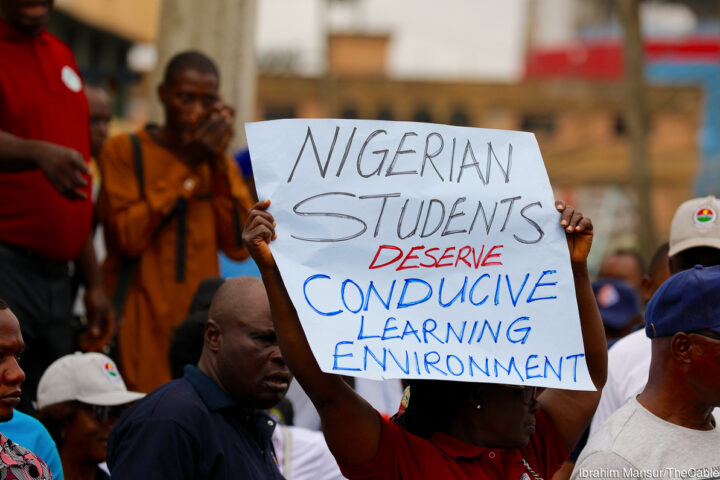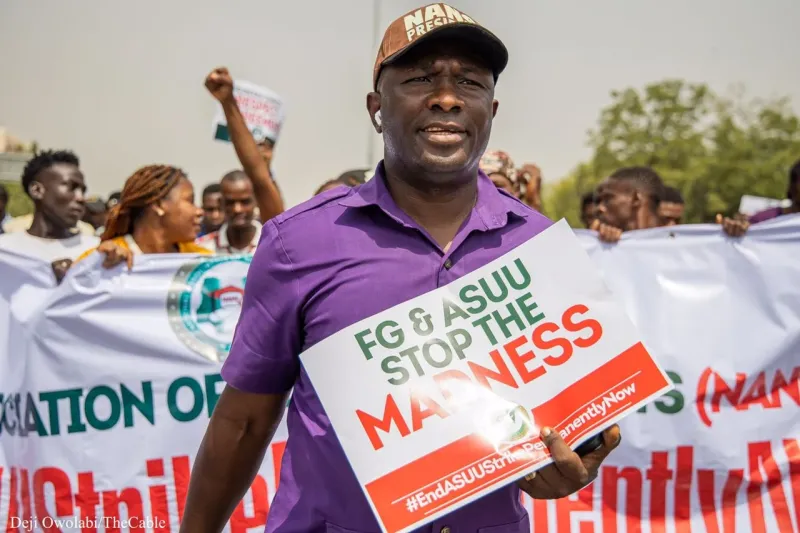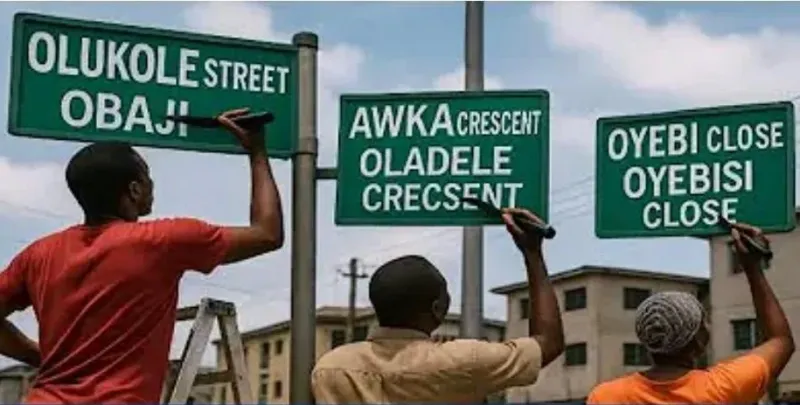In Nigeria’s long, jagged history of public sector disputes, the Academic Staff Union of Universities (ASUU) occupies a peculiar space — not just as a union, but as a symbol of the country’s fractured commitment to education. The most recent threat of a nationwide strike, this time over the delayed payment of June salaries, isn’t just another news flash. It’s a symptom of something deeper — a stubborn, unresolved tension between the intellectual heart of the nation and the bureaucracy that’s supposed to nourish it.
ASUU isn’t just asking for money. On the surface, yes — it’s about June salaries. About promises made, then deferred. But beneath that, the air is thick with exhaustion. University lecturers across the country — from Lagos to Sokoto, Port Harcourt to Maiduguri — aren’t merely waiting on paychecks; they’re waiting on respect. Waiting on a nation to finally treat its educators not as expendable clerks in a rusted machine, but as the builders of civilization.

Read Also: Uphorial Sweatshirt

To understand the weight of ASUU’s threat is to understand the slow erosion of morale across Nigeria’s public universities. Many lecturers, despite holding multiple postgraduate degrees and contributing to global research, find themselves moonlighting as private tutors, taxi drivers, or online freelancers just to make ends meet. Others quietly migrate — brain drain in real-time — as the countries that once colonized Nigeria now warmly welcome its brightest minds to fill academic vacancies abroad.
When ASUU speaks, it often speaks with fury. But beneath that fury lies heartbreak — the kind that only festers after decades of being unheard. The June salary delay is just the latest bruise. The wounds are much older: underfunded labs, overcrowded classrooms, obsolete libraries, vanishing grants, decrepit hostels, and policy somersaults that leave both teachers and students in a constant state of confusion. You can’t teach physics when the roof leaks. You can’t inspire critical thinking when you haven’t eaten. You can’t supervise a thesis when you’re fending off eviction. These are not hypotheticals; they’re lived realities for thousands of lecturers who continue to show up — day after day — to a system that seems perpetually broken.
The government, on its part, often responds with appeals to patience, citing economic challenges, fiscal constraints, or technical bottlenecks. Sometimes it blames software: IPPIS, the controversial payroll system ASUU has long rejected. Sometimes it blames timing or transition. But the effect is the same — delay, delay, delay. And for ASUU, each delay is a betrayal. Not just of contract, but of principle. It’s easy to frame ASUU as militant, rigid, and unyielding. But what if we flipped the lens? What if, instead of asking why ASUU is always threatening to strike, we asked why it always has to? What kind of country forces its scholars to protest for dignity every few months? What kind of legacy are we scripting, where the very people tasked with shaping young minds must constantly battle to survive?
Education is not a side issue. It’s the spine of any lasting development. When ASUU threatens to strike, it’s not just the lecturers who suffer. It’s the students who lose valuable academic time. Its parents, who pay school fees only to be repaid in shutdowns. It’s employers who inherit half-baked graduates. It’s a nation, slowly chipping away at its potential. There’s still time. The government can meet ASUU at the table, not with platitudes, but with clarity and courage. But if it doesn’t, another round of silence will follow in lecture halls across the country. And once again, the future will be on hold indefinitely. Because this isn’t just about June salaries. It never is. It’s about justice delayed, and a dream constantly deferred.



